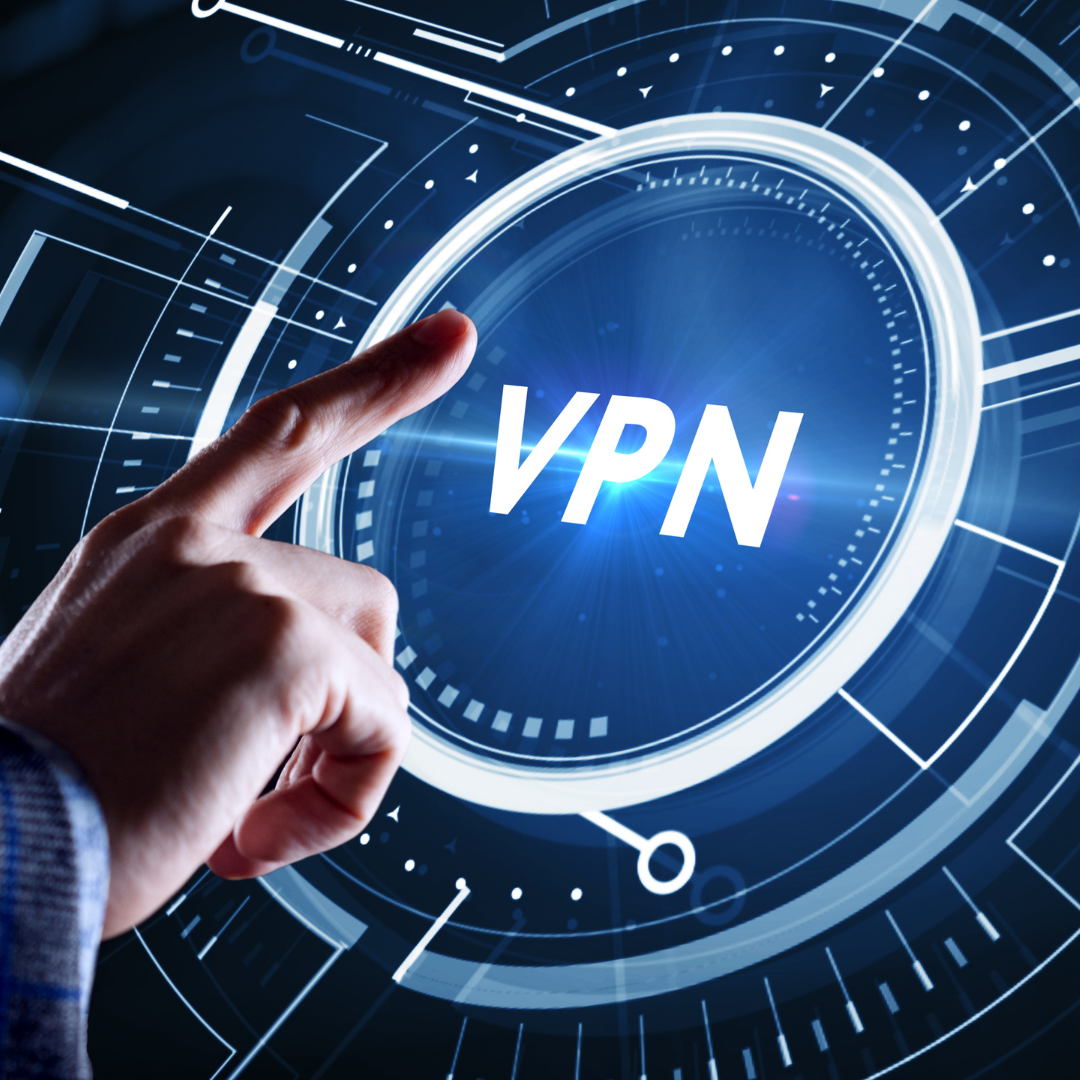The Virtual Private Network (VPN) is a service that encrypts your internet connection through a public network like the internet. It’s created to offer security and anonymity for users. VPNs provide added protection for your computer and data when connecting to public networks like hotels, coffee shops, or airports.
A VPN, which stands for a virtual private network, is a tool that masks your IP address and assigns a new one. In theory, that means your online activity would be encrypted, secure, and private, like what you search for and the websites you visit. (Most VPNs also allow you to surf the internet anonymously, but that’s not their main purpose.) VPNs are useful if you’re concerned about visiting sites that may be blocked in your area or simply want extra privacy while browsing.
How Does VPN Work?
A VPN is a technology that offers a more secure way to connect to the internet. The creation of a VPN is done by starting a point-to-point connection virtually with traffic encryption, a dedicated connection, or a virtual tunneling protocol. It can provide privacy and anonymity online and can also unblock geographically restricted content.
VPN is a network service that creates a secure connection over a less-secure network, such as the internet. VPNs are used to protect internet traffic from hackers and other cybercriminals, as well as secure sensitive data.
They aren’t new, but VPNs have gained popularity in recent years, largely thanks to their widespread use by businesses. They are helpful for individuals who work in fields involving sensitive data, such as servers, accounts, and banking.
Why Do You Need VPN?
In an age where safeguarding digital privacy holds utmost significance, it is imperative to grasp the essentials of navigating the online realm securely. Whether the concern is protecting sensitive data, overcoming geographical restrictions, or fortifying overall online security, a VPN proves to be a formidable ally. Individuals may also turn to VPNs to access entertainment or enjoyable content blocked by local networks. This includes adult erotic films found on platforms like A Tube Sex, as well as movies, TV shows, or games. Moreover, by encrypting internet traffic and providing a secure tunnel for data transmission, a VPN not only ensures anonymity but also shields users from potential cyber threats, fostering a safer and more private online experience.
How can VPNs help secure the data?
With all the news about data breaches these days, it’s more important than ever to protect your privacy and data. The best way to stay safe online is with a VPN, but it can be hard to pick the best one for you. Some VPNs offer a free trial that you can easily cancel after you’re finished, while others only offer month-to-month subscriptions, which isn’t a great option if you need longer money-back guarantees. Some VPNs have apps for just about every device you own, while others only offer support for a handful.
VPNs allow internet users to mask their identity and browse anonymously over a public internet connection. Additionally, it may also be useful to anyone who is concerned about their privacy online, whether they are accessing websites, downloading or uploading files, streaming sensitive content (on sites like Tube v Sex), or participating in online gaming. By changing your IP address, a VPN helps mask your real location and encrypts your data, so it’s nearly impossible for online trackers or hackers to access what you view online.
Using VPN has become very important for privacy reasons. The VPN’s effectiveness depends on the protocol selected, the encryption method, and the server location. (Learn more about VPNs and how they work here.) VPN Security: Like any other security tool, VPN’s effectiveness depends on the protocol selected, the encryption method, and the server location. The encryption method depends on the type of VPN used, but in most cases, the VPN uses 256-bit AES encryption.

